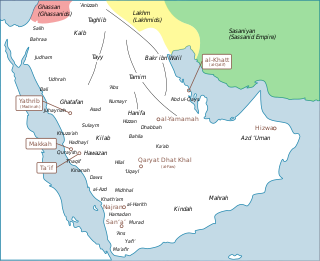A Quote by Narendra Modi
By saying Make in India, we are not only inviting companies for cost-effective manufacturing, but also giving them an opportunity of a large market for their products.
Related Quotes
The truth is that business is simple: create great products, merchandise them at the point of sale, continuously innovate and surprise, reward and achieve a position of loyalty with your front line, and seek new truth from the market. Deliver the goods at a competitive cost. Price to earn a decent but not competitively inviting return. Not much else matters.
Our goal is to desperately make the best products we can. We're not naive. We trust that if we're successful and we make good products, that people will like them. And we trust that if people like them, they'll buy them. And we figured out the operation and we're effective. We know what we're doing, so we'll make money, but it's a consequence.
Tech stocks were the cubic zirconium of the market. They looked good and were sexy, but they just were a way for the company selling them to make money. That's always going to be transient in terms of the stock market. What's real is that companies have to compete. Technology used well is a great tool to enable that if only because most companies dont use technologies well.
Falling prices are driving renewable energy investment in India, which rose 13 per cent last year and is expected to surpass 10 billion dollars in 2015. Adoption of increasingly cost-effective renewables holds the genuine promise of a new age of socio-economic development, powered by clean, increasingly decentralised, and sustainable energy. The opportunity for India is tremendous.
































